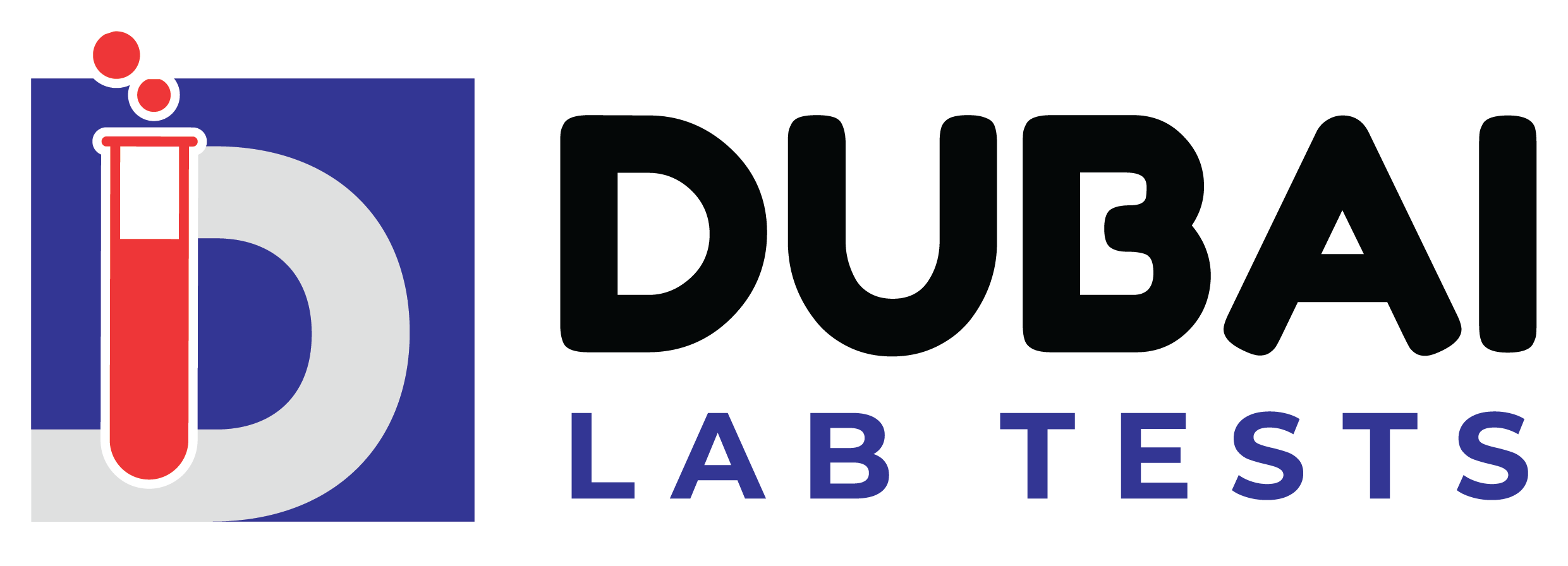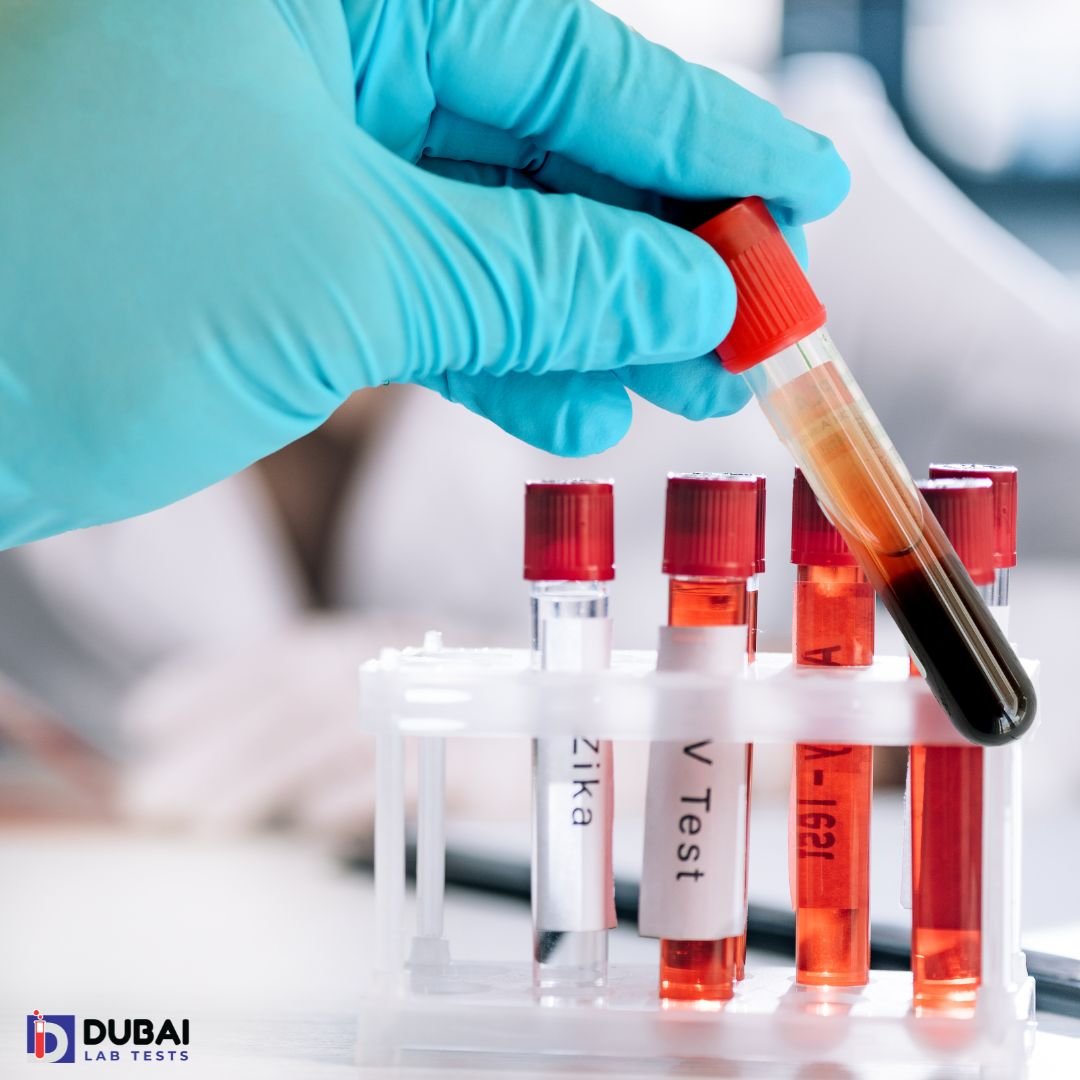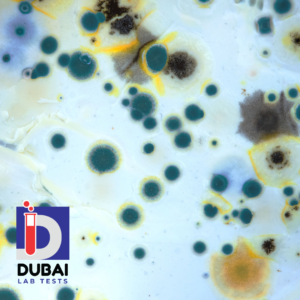Anti-Gliadin Antibody, IgA
د.إ420.00
Sample Type : Serum
Methodology : Enzyme-immunoassay
TAT : 7 Days
Description
**Anti-Gliadin Antibody, IgA Test**
The Anti-Gliadin Antibody, IgA test is a specialized diagnostic tool designed to detect the presence of IgA antibodies against gliadin, a protein found in gluten. This test plays a critical role in identifying gluten-related disorders, such as celiac disease and gluten sensitivity, by assessing the immune system’s response to gluten consumption. If you are experiencing symptoms related to gluten intolerance or suspect a gluten-related condition, this test provides valuable insights to guide your healthcare decisions.
### Why You Need This Test
The Anti-Gliadin Antibody, IgA test is essential for individuals who may be experiencing symptoms of gluten intolerance or celiac disease. Gliadin is a component of gluten, a protein found in wheat, barley, and rye. In individuals with gluten-related disorders, the immune system mistakenly identifies gliadin as harmful, triggering the production of antibodies like IgA. This test helps diagnose celiac disease, monitor gluten-free diet compliance, and identify non-celiac gluten sensitivity. Early detection and management of gluten-related conditions can prevent long-term complications, such as malnutrition, intestinal damage, and associated autoimmune disorders.
### Symptoms That Indicate This Test
You may need the Anti-Gliadin Antibody, IgA test if you experience any of the following symptoms:
– Chronic diarrhea or constipation
– Abdominal pain or bloating
– Unexplained weight loss
– Fatigue or weakness
– Skin rashes, such as dermatitis herpetiformis
– Iron-deficiency anemia
– Joint pain or inflammation
– Neurological symptoms, including headaches or numbness
– Family history of celiac disease or gluten sensitivity
These symptoms often overlap with other conditions, making this test a critical step in pinpointing the underlying cause.
### Natural Production
IgA antibodies are naturally produced by the immune system to protect the body from harmful substances. In individuals with gluten-related disorders, the immune system overreacts to gliadin, leading to the production of Anti-Gliadin IgA antibodies. Factors such as genetic predisposition, gluten consumption, and intestinal health can influence antibody levels. This test measures these antibodies to determine whether your immune system is reacting abnormally to gluten.
### What Happens If Untreated
If gluten-related disorders like celiac disease are left untreated, they can lead to severe health complications. Persistent gluten exposure in sensitive individuals can cause chronic inflammation and damage to the small intestine, impairing nutrient absorption. This can result in malnutrition, osteoporosis, infertility, neurological disorders, and an increased risk of certain cancers, such as intestinal lymphoma. Identifying and managing gluten-related conditions early can significantly reduce these risks and improve overall health.
### How to Prepare for the Test
To ensure accurate results, it is recommended that you continue consuming gluten-containing foods before the test unless advised otherwise by your healthcare provider. No fasting is required for this test. However, inform your doctor about any medications or supplements you are taking, as they may affect the results.
### Test Overview
– **Sample Type**: Serum
– **Methodology**: Enzyme-immunoassay
– **Turnaround Time (TAT)**: 7 Days
This test requires a simple blood sample, which will be analyzed using enzyme-immunoassay technology to detect the presence of Anti-Gliadin IgA antibodies. Results are typically available within seven days, providing you with timely insights into your health.
### Call to Action
Take control of your health today by booking the Anti-Gliadin Antibody, IgA test. Whether you’re seeking answers to persistent symptoms or monitoring your gluten-free diet, this test offers the clarity you need to make informed decisions. Don’t wait—buy your lab test online now and find a diagnostic test near you to start your journey toward better health.
**Category**: Immunology




Reviews
There are no reviews yet.